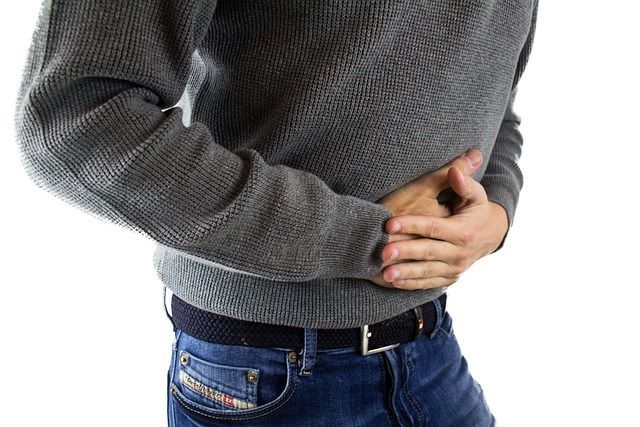The Importance of Regular Deworming
Learn about the dangers of foodborne parasites and how to prevent and treat infections. Discover common parasites that contaminate fresh produce and can cause serious health issues. Take necessary precautions such as proper cooking, hand washing, and disinfecting to reduce the risk of infection.





